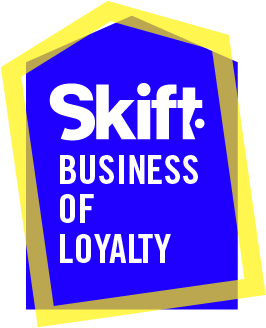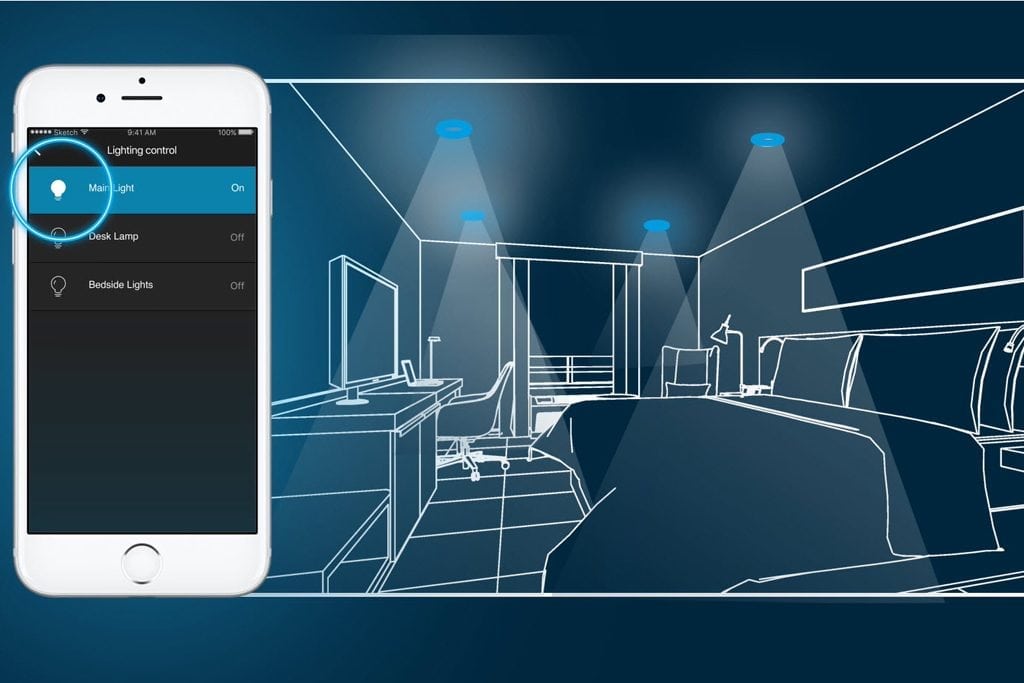Basic economy is moving to international markets, and with it all of the associated bag fees.
Last week,
Delta Air Lines quietly introduced checked bag fees on a portion of its transatlantic international flights that include basic economy fares. For passengers booked into the basic economy fare class as of December 6, an initial checked bag will now cost $60 while the second will cost an additional $100.
Until now, most international travel on Delta came with a free first checked bag. All non-elite customers booked in domestic economy on Delta, by comparison, pay $25 for the first and $35 for the second checked bag.
Delta introduced the changes
in a statement made on December 5. Alitalia and Air France-KLM, Delta's SkyTeam partners in Europe,
announced similar fees later in the week along with news around new fare classes roughly incorporating a basic economy cabin. With those fees, passengers will pay 50 euros per bag.
Across each carrier, the fees will only apply to passengers booked in basic economy on a limited volume of transatlantic flights, so not all customers traveling to Europe will be affected. As the number of flights operated with basic economy grows, however, more consumers may be exposed to the fees.
Delta Air Lines has perhaps been the most aggressive airline in the world in rolling out basic economy fares. As the first carrier to launch the fares domestically, it has been consistently trying them out in new markets and reconfiguring airline cabins. Earlier this year, the carrier
shared that it would be applying the fares to international routes for the first time starting in 2018. These new baggage fees, by extension, will apply to those fares.
By incorporating the new baggage fees for basic economy, Delta will theoretically be able to better compete with a spate of new international low-cost carriers that have been spreading into the United States. Carriers like Norwegian and Wow airlines have recently opened a handful of routes into the U.S. that offer bargain-basement base fares while adding fees for everything from inflight amenities to checked bags. To compete, Delta may be able to keep base fares lower by incorporating new checked bag fees.
In practice, the new fees may also end up expanding outside of the scope of mere competition. Originally, Delta's domestic basic economy fares were geared to compete with the likes of Spirit and Frontier, two domestic low-cost carriers. Ultimately, however, Delta ended up rolling out the fares to markets that low-cost carriers don't even serve.
Delta's true intentions will come to light as its international basic economy fares start to expand. Right now, carriers like Norwegian and Wow give the airline a good excuse to compete on transatlantic routes. But if the fares and fees spread to routes in Asia and South America, where there are few international low-cost carriers, the competitive argument may wane.




